- 1. Avoid Tea When You Have a Fever
- 2. Tea and Liver Disease
- 3. Caution for Those with Neurasthenia
- 4. Tea for Ulcer Patients
- 5. Nutritional Deficiency and Tea
- 6. Anemia and Strong Tea
- 7. Kidney Stones and Tea
- 8. Heart Disease and Tea
- 9. High Blood Pressure and Strong Tea
- 10. Alcohol and Strong Tea
- 11. Medication and Tea
- 12. Empty Stomach and Tea
- 13. Tea Before and After Meals
- 14. Avoiding Tea Before Sleep
- 15. Quality Matters: Avoid Spoiled Tea
- Frequently Asked Questions
Tea is widely cherished for its numerous health benefits, but there are specific circumstances where consumption can be harmful. Understanding these situations can help you make informed choices and maintain your well-being. Below, we highlight 15 scenarios where drinking tea may not be advisable.
1. Avoid Tea When You Have a Fever
When experiencing a fever, it is crucial to refrain from drinking tea. The caffeine present in tea can elevate body temperature further and may interfere with the effectiveness of medications. Consuming tea during this time can hinder recovery and exacerbate discomfort. Instead, stay hydrated with water or herbal infusions that are gentle on the body.
2. Tea and Liver Disease
Individuals with liver conditions should be cautious about tea consumption. The caffeine and other compounds in tea are primarily metabolized by the liver. Excessive intake can overwhelm liver function and potentially harm liver tissue. It's advisable for those with liver issues to consult a healthcare professional before including tea in their diet.
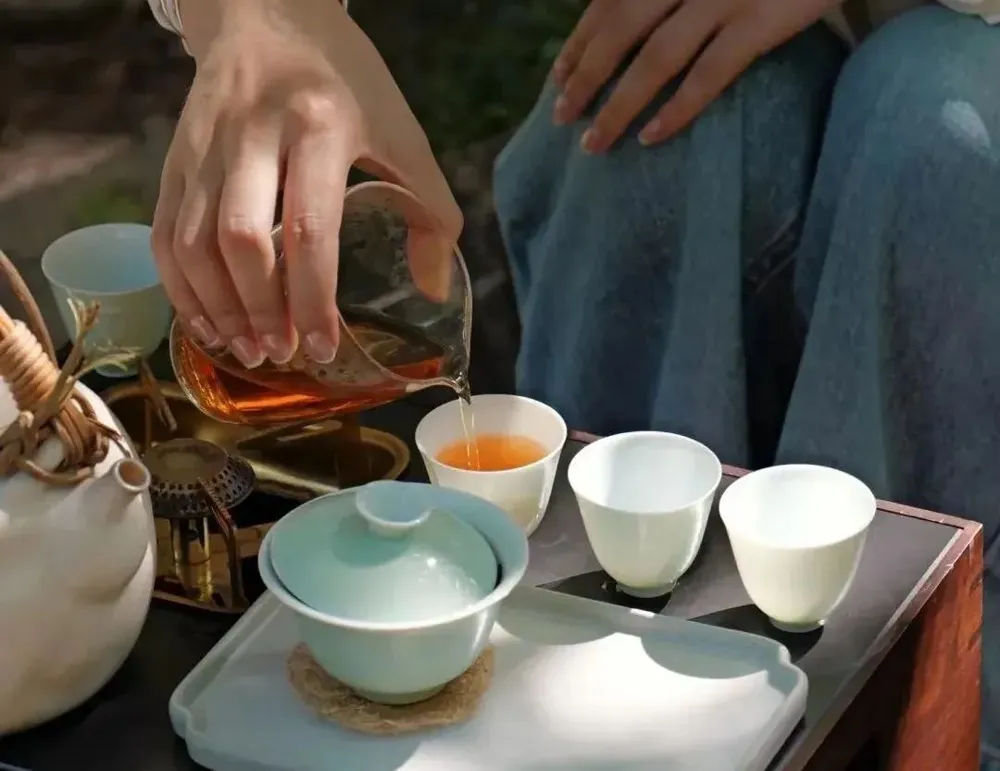
3. Caution for Those with Neurasthenia
For individuals suffering from neurasthenia, it is wise to limit tea intake. The caffeine in tea stimulates the central nervous system, which can lead to heightened anxiety and restlessness. Those already dealing with sensitive nervous systems may find that tea exacerbates sleep disturbances. Opting for caffeine-free herbal teas may be a better choice for relaxation.
4. Tea for Ulcer Patients
Patients with ulcers should exercise caution when consuming tea. Tea can stimulate gastric acid production, which may irritate ulcerated tissues. While mild tea may be permissible after medication, strong tea can worsen the condition. In some cases, adding sugar or milk to tea can provide some protective benefits for the stomach lining.
5. Nutritional Deficiency and Tea
For individuals dealing with nutritional deficiencies, excessive tea consumption can hinder recovery. Tea has fat-dissolving properties that may further deplete essential nutrients. It is crucial for those who are malnourished to prioritize nutrient-rich foods and limit tea intake to ensure proper healing and nourishment.
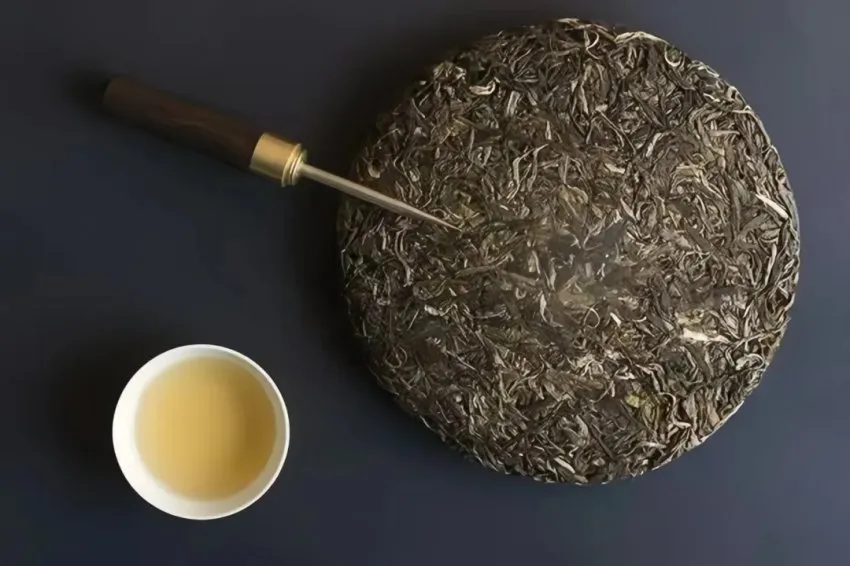
6. Anemia and Strong Tea
Those with anemia should avoid strong tea, as the tannins in tea can bind to iron, reducing its absorption in the body. This interaction can worsen anemia symptoms and lead to further deficiencies. Instead, individuals should focus on iron-rich foods and consider herbal teas that do not inhibit iron absorption.
7. Kidney Stones and Tea
Individuals with a history of kidney stones need to limit their tea intake. Tea contains oxalates, which can contribute to the formation of calcium oxalate stones. Drinking excessive amounts of tea can aggravate this condition. It's advisable for kidney stone patients to consult their doctor for personalized dietary guidance.
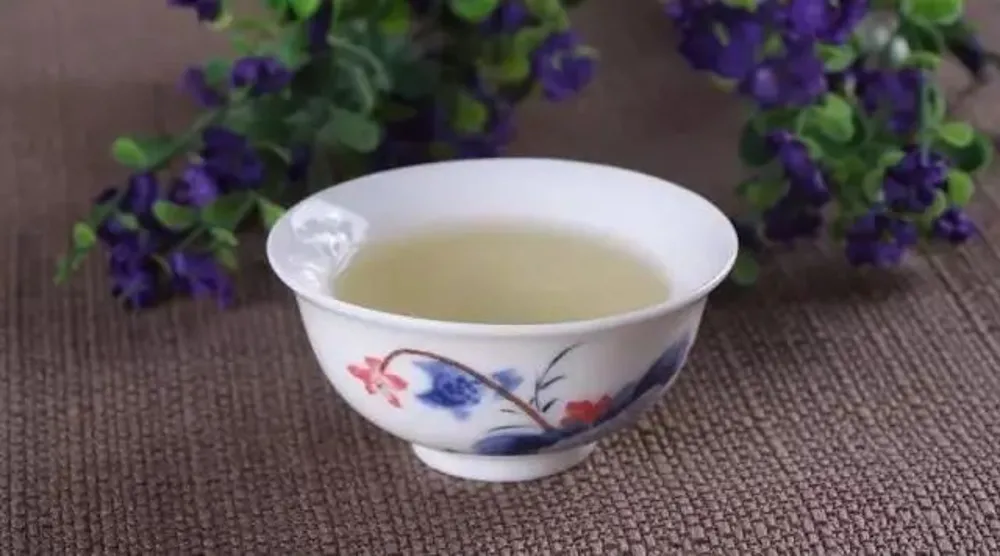
8. Heart Disease and Tea
For individuals with coronary heart disease, particularly those experiencing fast heart rates or arrhythmias, it is essential to be cautious with tea consumption. The caffeine and theophylline in tea can stimulate the heart, potentially worsening symptoms. However, individuals with a stable heart rate may benefit from moderate tea consumption.
9. High Blood Pressure and Strong Tea
People with high blood pressure should avoid strong tea. The stimulating effects of caffeine can lead to increased blood pressure, which is detrimental to health. It's best to limit the intake of strong brews and opt for lighter teas that have a lower caffeine content.
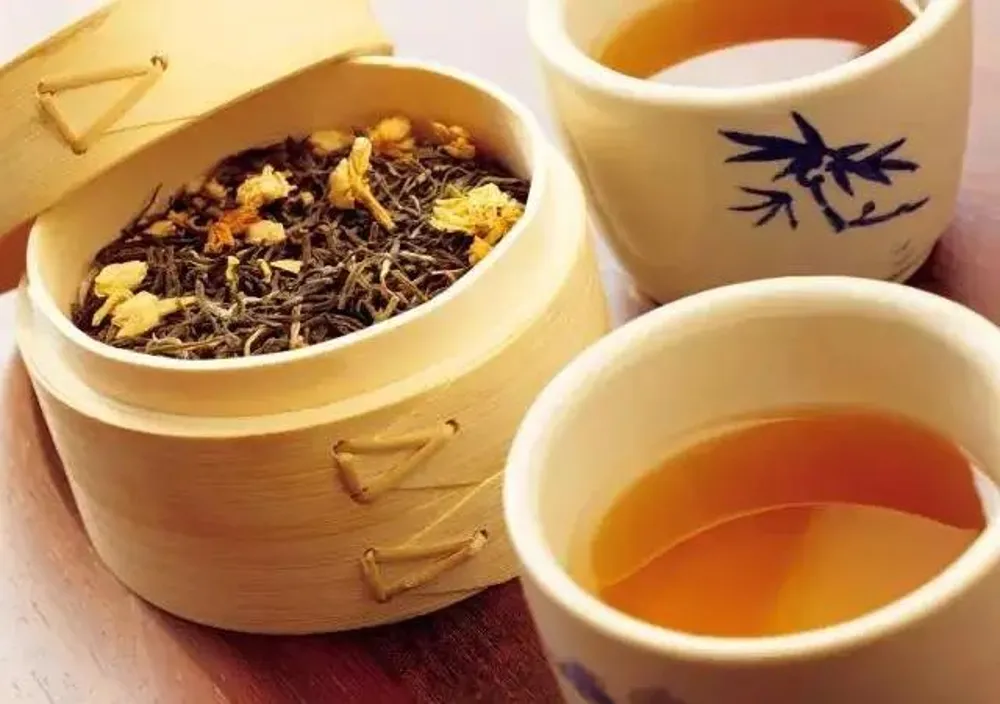
10. Alcohol and Strong Tea
Drinking strong tea after consuming alcohol is not advisable. The stimulating properties of tea can place additional strain on the heart, and may increase dehydration. Instead, focus on hydrating with water or electrolyte-rich beverages to help the body recover from alcohol consumption.
11. Medication and Tea
When taking medication, it's crucial to be cautious about using tea as a beverage for swallowing pills. The compounds in tea can interact with certain medications, potentially altering their effectiveness. It is generally recommended to wait two hours after taking medication before consuming tea.
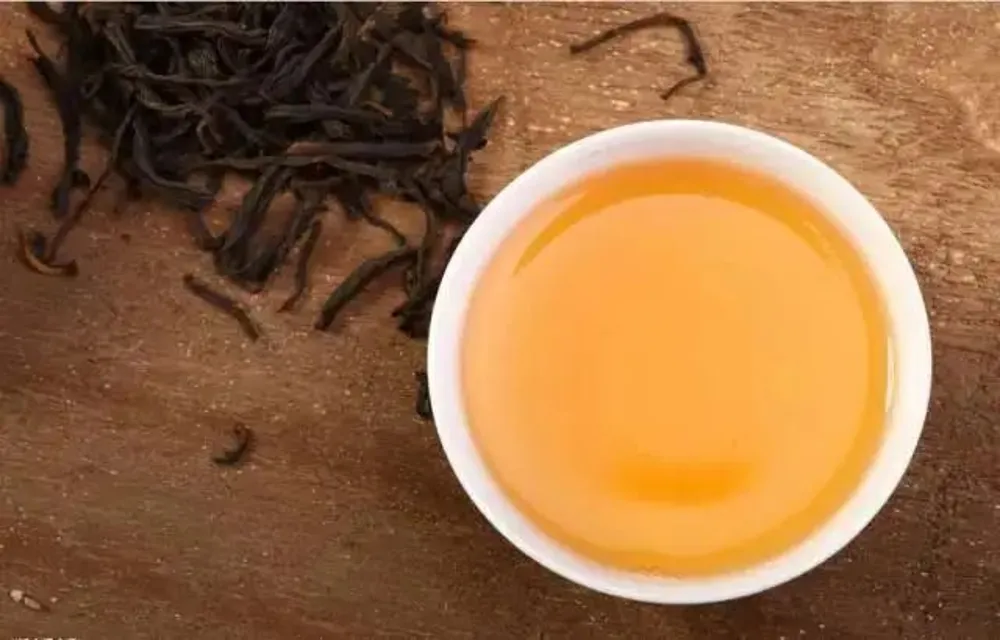
12. Empty Stomach and Tea
Drinking tea on an empty stomach is not advisable. It can dilute gastric acid and inhibit digestive processes, leading to discomfort and digestive issues. If experiencing “tea intoxication,” consuming sugary snacks or drinks can help alleviate symptoms.
13. Tea Before and After Meals
Avoid drinking tea within 30 minutes before or after meals. Tea can interfere with digestion by diluting gastric juices and binding to nutrients like iron and protein, impairing absorption. It is best to enjoy tea between meals for optimal health.
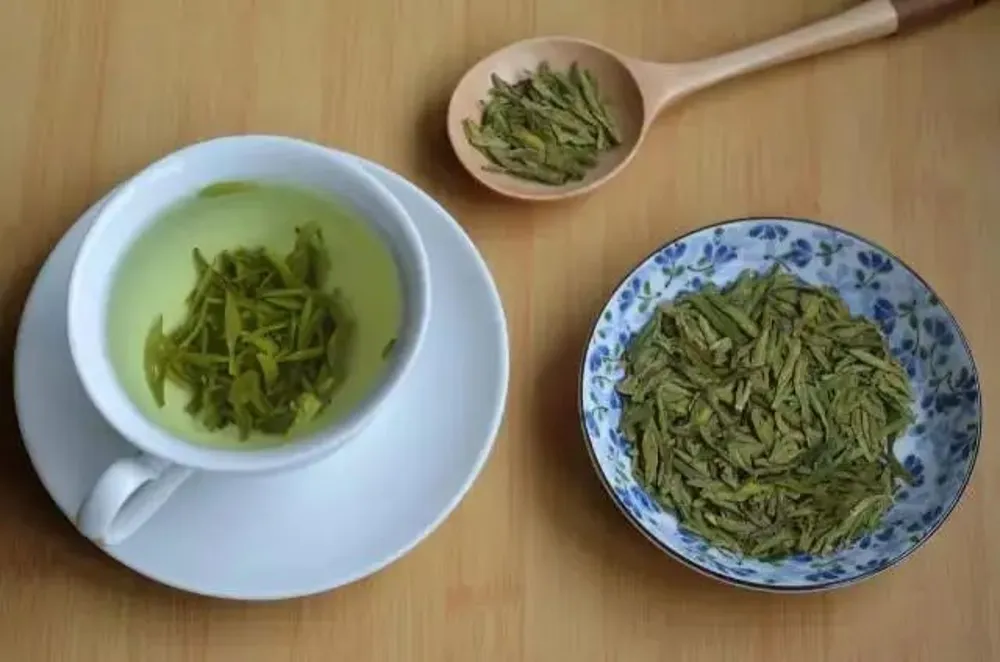
14. Avoiding Tea Before Sleep
It is advisable to refrain from drinking tea two hours before bedtime. The stimulating effects of caffeine can interfere with sleep quality and lead to insomnia. Opting for herbal teas that promote relaxation may be a better choice in the evening.
15. Quality Matters: Avoid Spoiled Tea
Lastly, ensure the tea you consume is of good quality. Spoiled or low-quality tea can contain harmful substances and bacteria. Always check for freshness and proper storage to avoid health risks.
Frequently Asked Questions
1. Can I drink tea if I have a cold?
While tea can provide soothing effects when you have a cold, it's best to avoid caffeinated varieties, as they may lead to dehydration. Herbal teas with honey and lemon can be a better alternative to support recovery.
2. Is it safe to drink tea during pregnancy?
Pregnant individuals should limit caffeine intake, which includes tea. Opting for caffeine-free herbal teas is recommended, but always consult with a healthcare provider for personalized advice.
3. Can I drink tea after exercising?
Drinking tea after exercise can be beneficial, but it’s essential to hydrate with water first. Light teas can help replenish fluids and provide antioxidants, but avoid strong brews that may dehydrate.
For those who appreciate high-quality tea, explore our online store at Puerh.hk for a selection of premium teas that can enhance your tea-drinking experience while ensuring your health is prioritized.
Related Articles
-
The Majestic Nuowu Tea from the Bingdao Tea Region 8m ago
Nuowu tea, from the Bingdao tea region, is a hidden gem for true tea connoisseurs. With its rich and unique icy sugar sweetness, it captivates tea lovers who appreciate sweet teas without being overpowering. Nestled in the serene and pristine environment of Mengku Town, Nuowu's ancient tea trees, some over centuries old, thrive in the high-altitude, subtropical climate. With a natural sweetness and smooth aftertaste, Nuowu tea offers a rich and refreshing drinking experience, making it a must-try for those seeking a comforting and unforgettable tea. -
Kunlu Mountain's Hidden Realm: Tasting the Sweetness and Richness of Ancient Tea Trees 8m ago
Discover Kunlu Mountain, a hidden gem in the Wuliang Mountain range, home to ancient tea trees steeped in history. Taste the unique sweetness and richness of its tea, and explore the harmony between nature and tradition that makes this place truly special. -
Why Should Aged Tea Be Awakened? Discover the Differences Between "Dry Awakening" and "Wet Awakening" Techniques! 10m ago
Explore the reasons behind awakening aged tea and the distinct methods of "dry awakening" and "wet awakening." Learn how these techniques affect flavor and aroma, enhancing your tea experience. Discover the best practices for preparing your beloved aged teas to unlock their full potential. -
Can Puerh Tea Help You Lose Weight? Discover the Truth Behind This Myth! 10m ago
Explore the claims surrounding Puerh tea and its potential weight loss benefits. This article delves into scientific research and expert opinions to uncover whether Puerh tea can truly aid in your weight loss journey. Learn about its properties, effects, and how to incorporate it into your diet for maximum benefits! -
Discover the Enchanting Secrets of Jinghong Mengsong: Why Is This Ancient Tea Mountain a Hidden Gem? 10m ago
Explore the captivating allure of Jinghong Mengsong, an ancient tea mountain known for its unique flavors and rich history. Unveil the secrets that make this hidden gem a must-visit for tea enthusiasts and discover how its unique terroir enhances the tea experience. -
How Beneficial is Pu-erh Tea for Your Digestive Health? Discover the Secrets! 10m ago
Are you curious about the positive effects of Pu-erh tea on your digestive system? Explore how this unique tea can aid digestion, improve gut health, and enhance your overall well-being. Learn the science behind its benefits and how to incorporate it into your daily routine for optimal results.
Post Comments
No comments